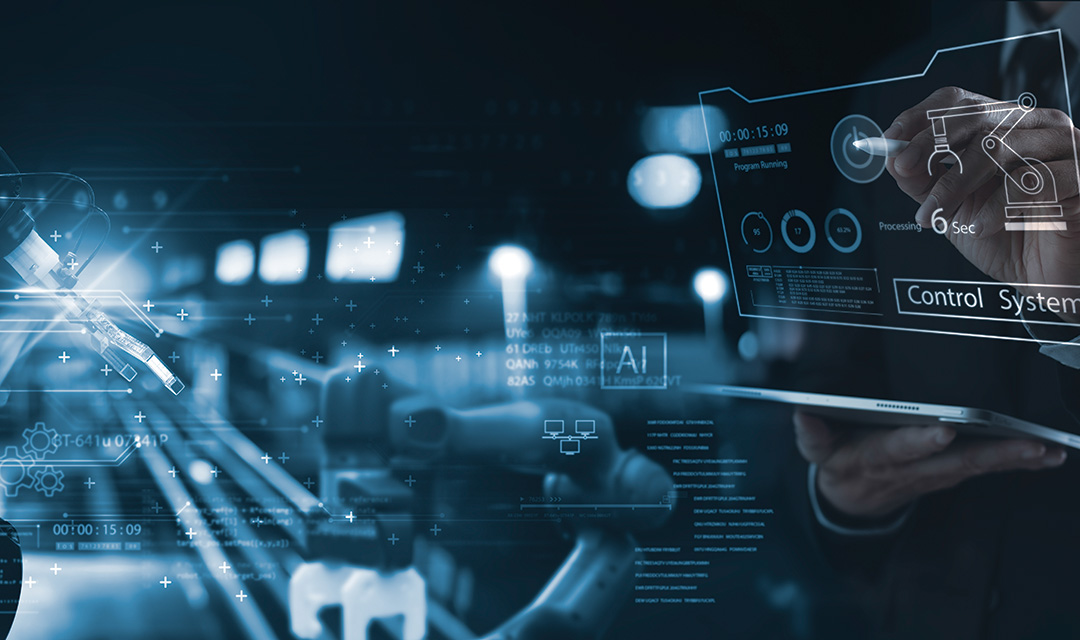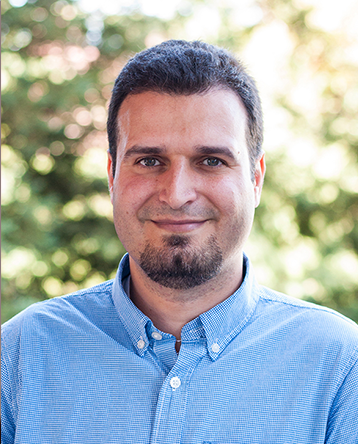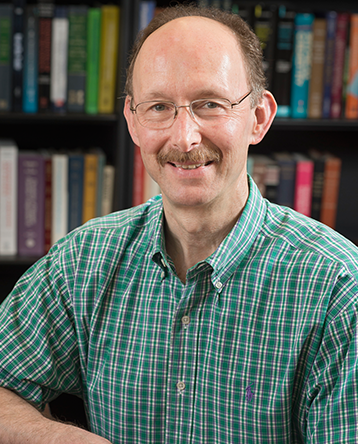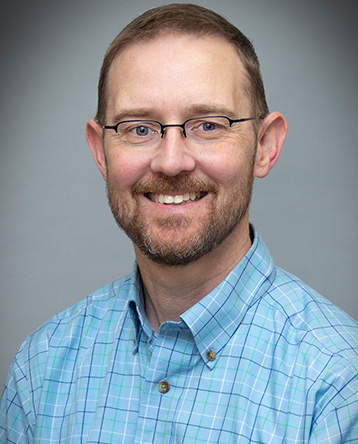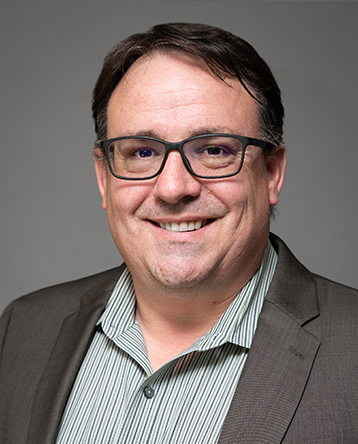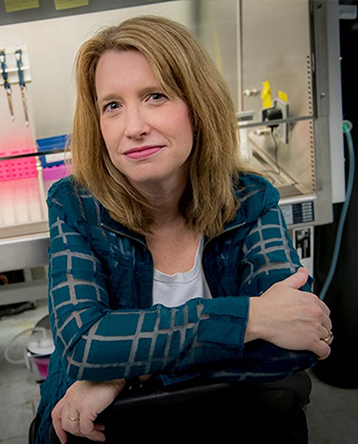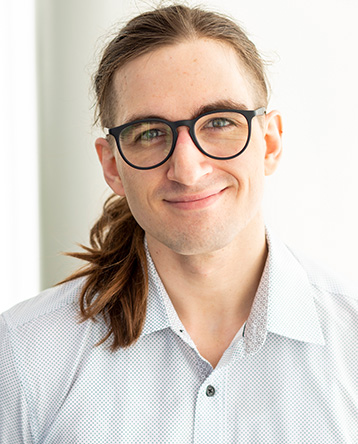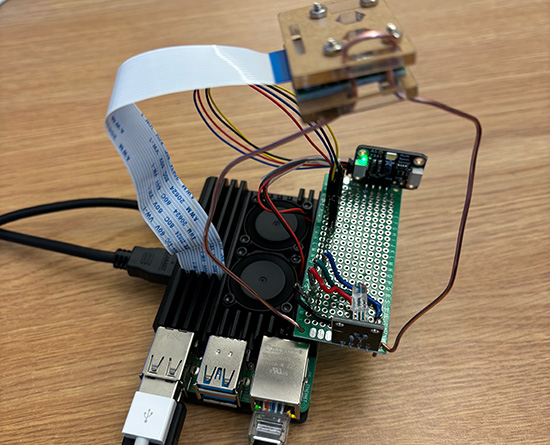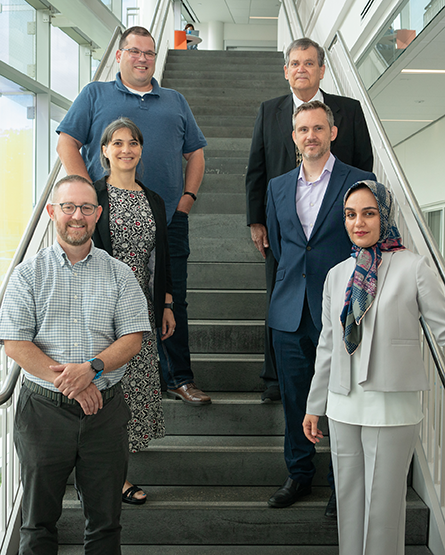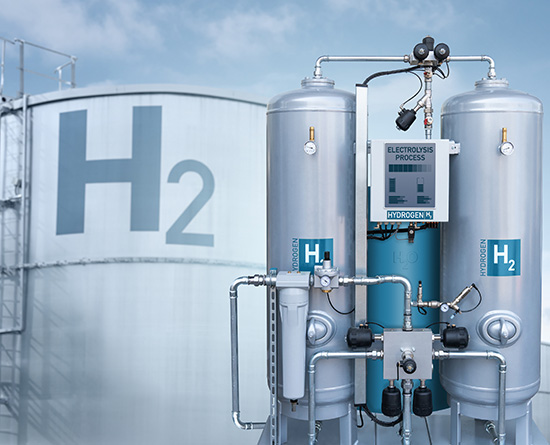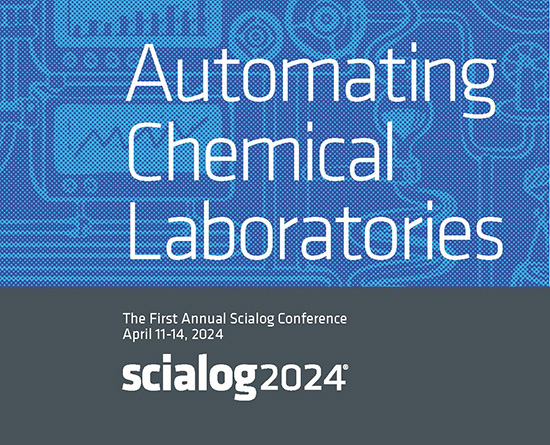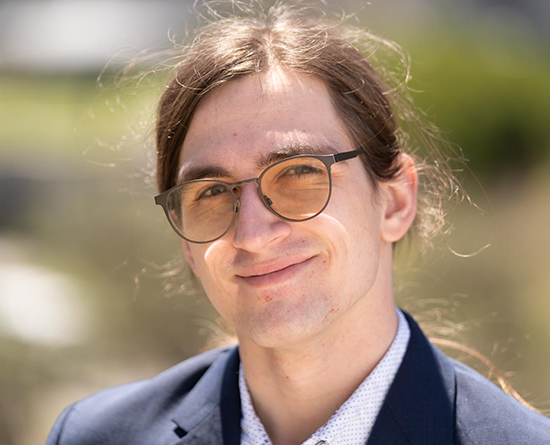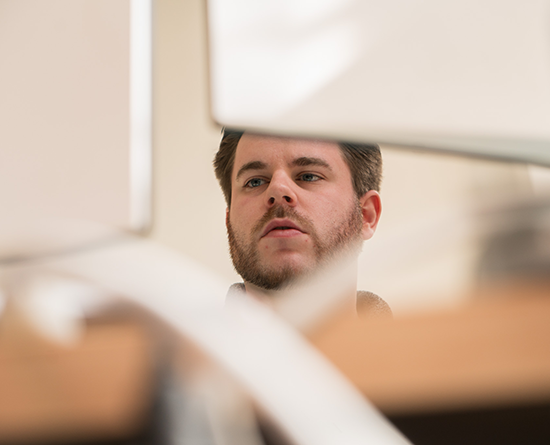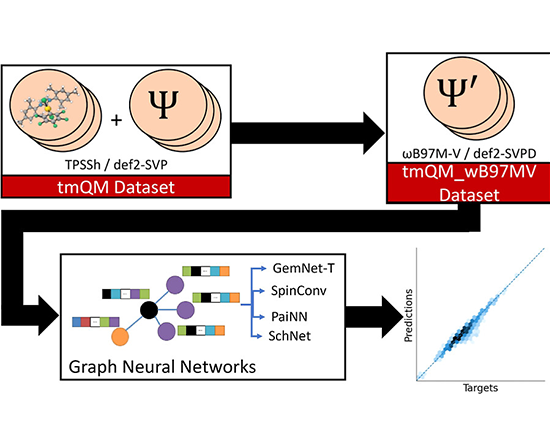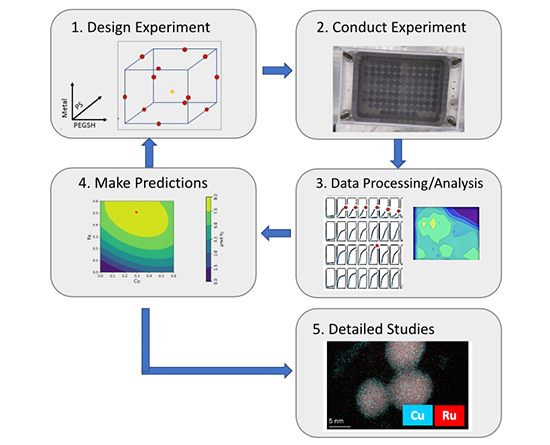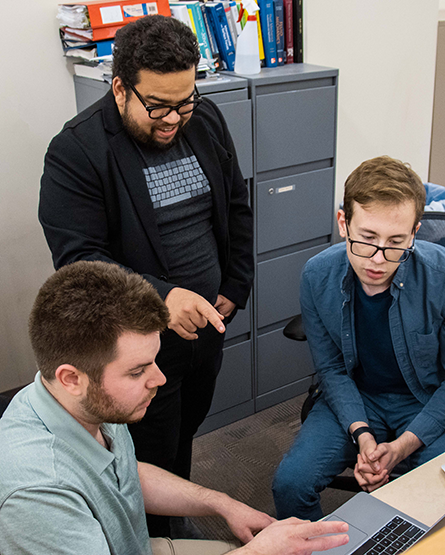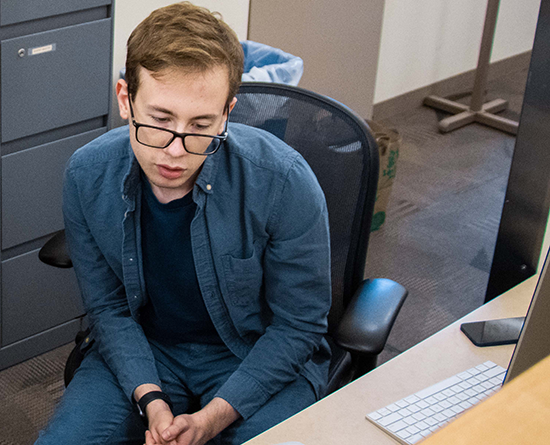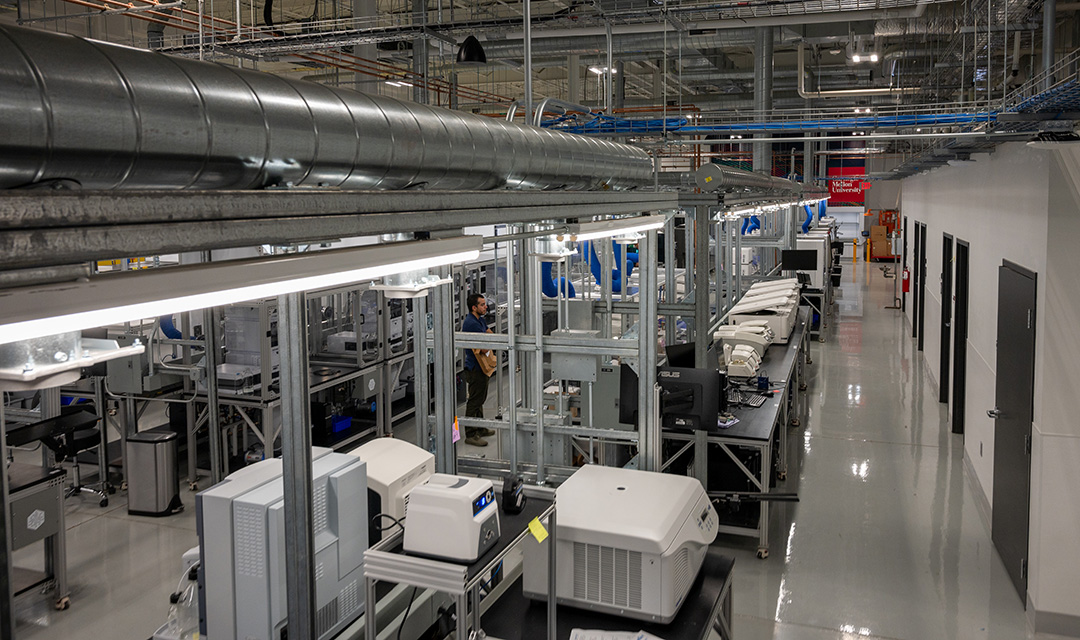Autonomous and data-driven sciences
At the intersection of machine learning and the physical world, we are leveraging automation to accelerate the development of new therapies, materials, and processes. A human working with autonomous or semi-autonomous systems can design and run experiments much more quickly, accurately, and efficiently than a human alone.
Students in our experimental and computational research groups are:
- combining laboratory automation techniques with powerful large language model (LLMs)
- doing high-throughput imaging of bacterial interaction and community dynamics
- developing semi-autonomous workflows to validate closed-loop self-sustaining materials discovery pipelines
- building on foundational work from our process systems engineering group
- coupling machine learning with state-of-the-art optimization tools for automated construction of surrogate models
- investigating machine learning approaches for optimal operation of large complex systems
Work in autonomous sciences is not only increasing throughput but also empowering engineers and scientists to think in new ways to solve intractable problems. Our faculty are thought leaders on the ethical and responsible use of these powerful tools.
Autonomous and data-driven sciences faculty
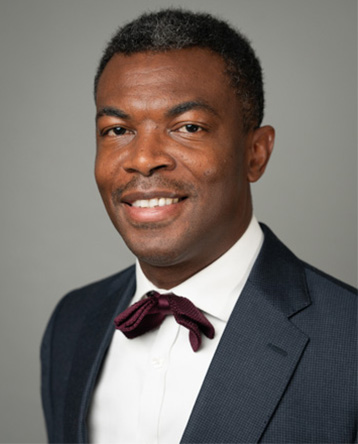
Tagbo H.R. Niepa
Arthur Hamerschlag Associate Professor
Chemical Engineering, Biomedical Engineering
Related news
Carnegie Mellon is prototyping the future of autonomous laboratories
In this space, researchers control and access instruments remotely to perform research in chemistry, materials science, mesoscale energy synthesis, biology, biomedical engineering, tissue culture, and more.

